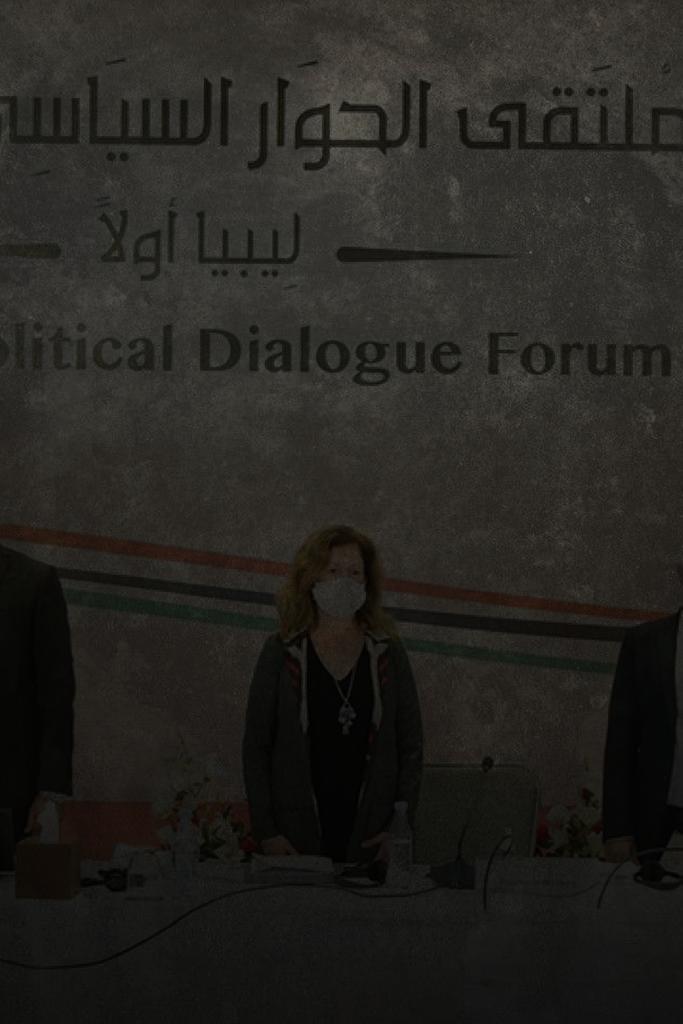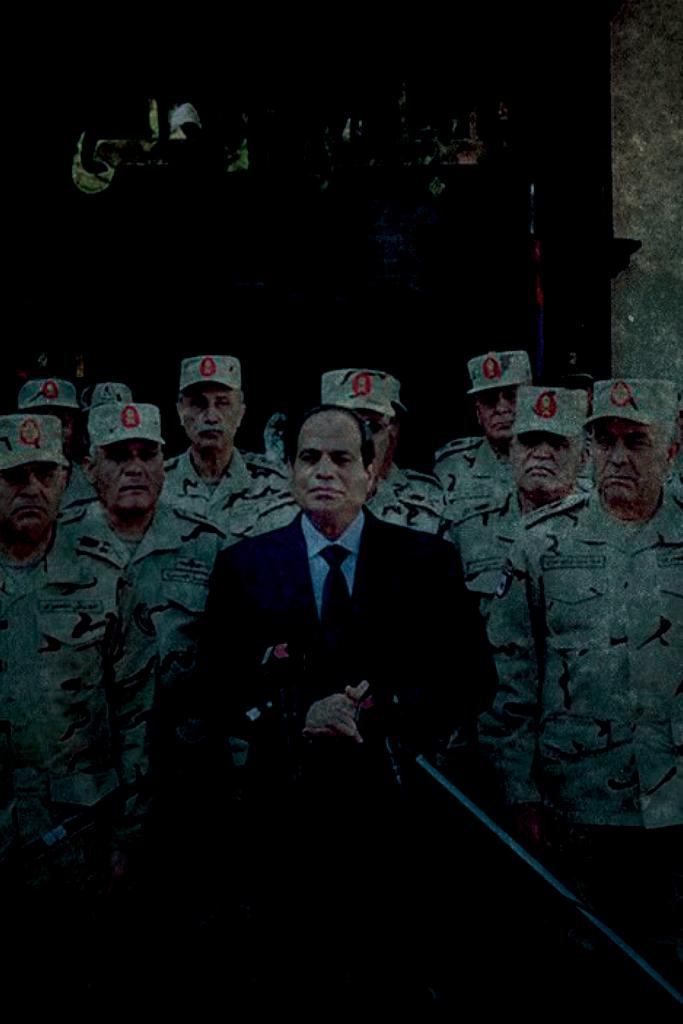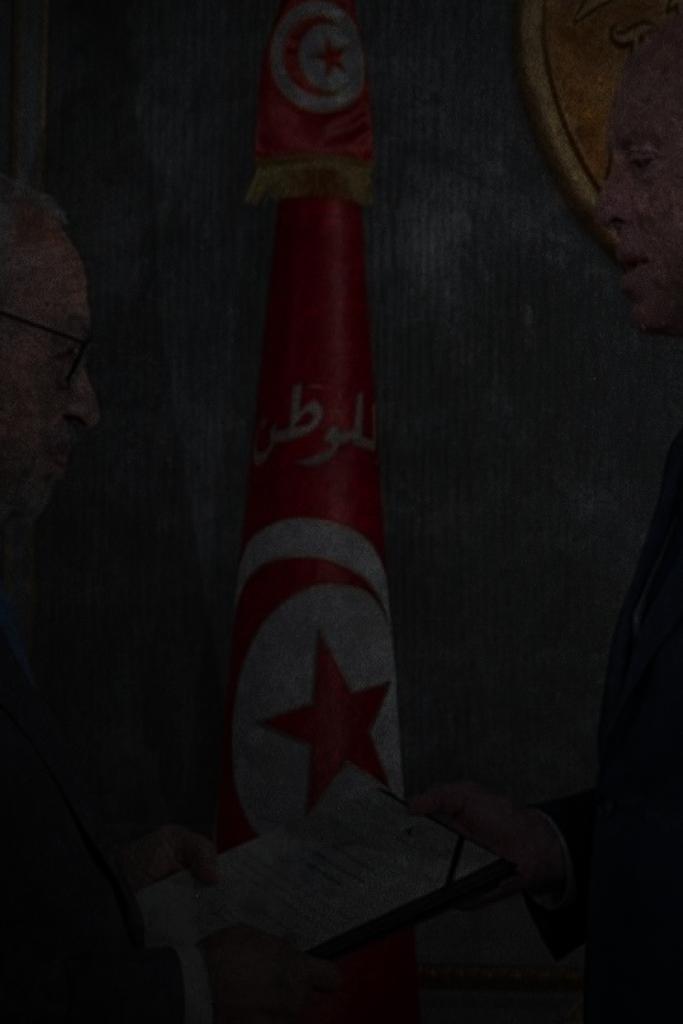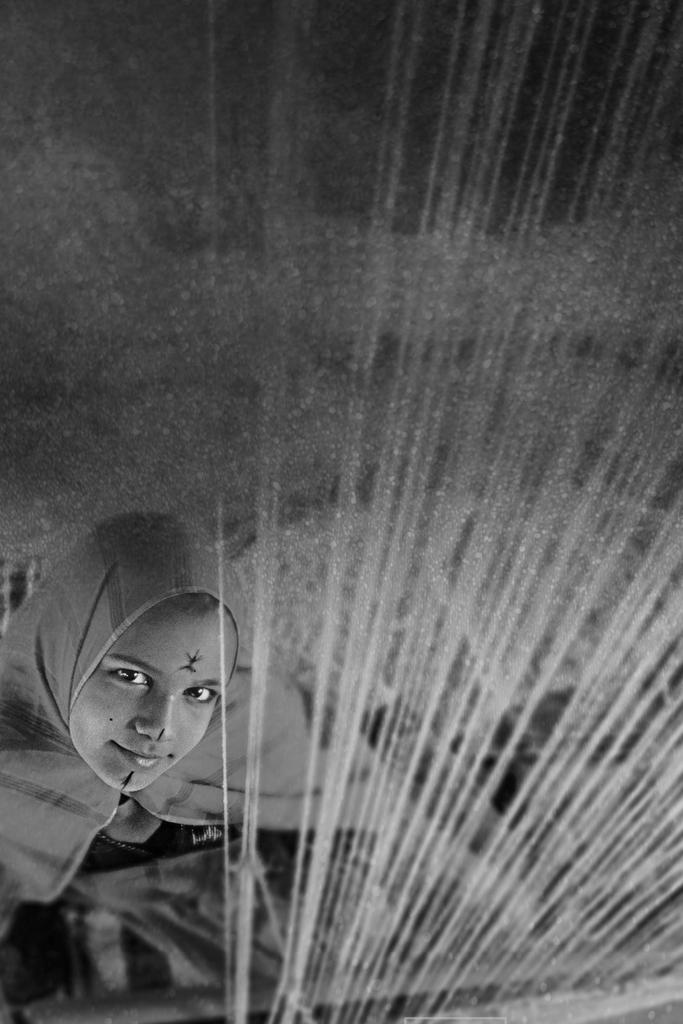
Libya
The Libyan chaos presents an indication of a severe disintegration of the state and society in which foreign intervention played a pivotal role in bypassing the questions concerning the democratic transition based on the February 7, 20 revolution. Libyans ask questions on restoring the state and integrity of society after civil war has led to questioning the integrity of the Libyan modern state and national unity that makes Libyans as “one tribe”, due to lacking a solution for the crisis. There is no choice for Libyans except consolidating the political dialogue with its various tracks in order to ensure a situation in favour of Libyans that would disengage them from foreign dominance. That is the reason which makes several categories of Libyans turn against the current representatives who are on the scene today. They demand a new representation for Libyans with all their categories away from political currents that only seek dominating power. This is the situation which makes Libya today a country of impunity and endless human rights’ files that waste the victim’s right.

There is no transition in Egypt except towards military dictatorship through a clear form of repression. This repression bypasses institutions and legal texts as it creates a control system on the hands of Abdel Fattah Al Sisi, the head of the executive authority. It isn’t possible to discuss that there is a balance among the three authorities. The judiciary rules under the regime’s will to imprison activists and exclude opponents in elections. As for the legislative authority, it has put a set of laws that legalized the existence of Al Sisi and his regime beyond 2030. On November 19, 2020, president Sisi celebrated his 66th birthday to remain in power until he reaches eighty years. He is the military man who is only keen to build the military economy and its wealth in the frenzied institutionalization for the power of the military authority over the civil state

Tunisia
Under the difficulty of the second democratic transition in Tunisia, the electoral legitimacy lives in a representation crisis as political choices of the voters move differently from the candidates’ expectations. It is noteworthy that the second democratic transition is considered the stage of establishing the political authority that is capable of completing it. It is a confidence crisis which becomes greater by the day considering the inability of the governance system to achieve what it promised on the social, economic and political level. The democratic transition in Tunisia has become less democratic than it should be. It is noticed that the democratic transition is subjected to the balances of parties’ interests, positioning bets and preserving existence after it becomes clear that the ruling experience is a perfect political holocaust. As for example, Mohamed Abbou had declared previously his retirement from what hurts him, according to him. In addition, the parties which represent the most important intellectual and ideological currents don’t appear in the scene. Its absence imposes a question concerning the transition’s nature whose pillars are controlled by political phenomena that are originally the derivant of the former regime or its counterpart.

The crisis of the Democratic transition :
a crisis of transition and democracy
a crisis of transition and democracy
This report covers the extended period from October 1 to December 31, 2020. It includes three countries: Egypt, Tunisia and Libya. The report is on the policies and legislations related to democratic transition and human rights:
It reviews the indicators of a systematic policy of the Egyptian regime to deepen its dominance. In addition, it shows all the regime’s tools which emptied every thinking for a democratic transition in Egypt. The road to make dictatorship prevail starts through a set of amendments that included the Constitution and a set of laws such as the Law Redrawing Electoral Districts and the law on Exercise of Political Rights. In addition, 6 laws related to the Armed Forces, Terrorist Entities, NGO and its bylaws. This road has led to the legislative elections. Through using the law and political institutions, the regime restricted and excluded opposition in the Parliament in order to limit its presence to some persons unlike what was in the previous parliament.
Meanwhile, political clientelism, family favoritism and influence circles were established from independent businessmen and persons with security and military backgrounds. In the two chambers of the legislative authority there is at least 30 persons who are relatives, brothers and cousins who have gathered to support the regime. The later wasn’t satisfied by controlling institutions on the basis of dictatorship, rather it moves to establish a network of security, family, political and financial interests supervised by the security and intelligence in order not to let anyone escape from its circle of power. Through the Nation's Future party, the regime replaced the previous parliament’s faces by new faces in order to practice the same repressive policy. Thus, every argument on separation of powers and balance among them has been become a luxury and speech freezing by the Egyptian regime.